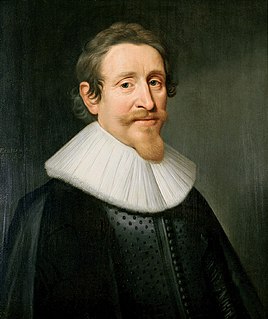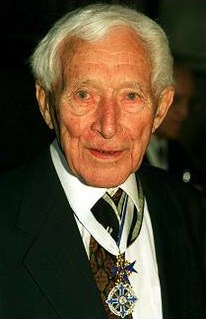A Quote by Plutarch
Alexander esteemed it more kingly to govern himself than to conquer his enemies.
Related Quotes
The shortest way to arrive at glory should be to do that for conscience which we do for glory. And the virtue of Alexander appears to me with much less vigor in his theater than that of Socrates in his mean and obscure. I can easily conceive Socrates in the place of Alexander, but Alexander in that of Socrates I cannot.
Greater in battle
than the man who would conquer
a thousand-thousand men,
is he who would conquer
just one —
himself.
Better to conquer yourself
than others.
When you've trained yourself,
living in constant self-control,
neither a deva nor gandhabba,
nor a Mara banded with Brahmas,
could turn that triumph
back into defeat.
Each day brought just another minute of the things they could not leave behind. Jane Barrington sitting on the train coming back to Leningrad from Moscow, holding on to her son, knowing she had failed him, crying for Alexander, wanting another drink, and Harold, in his prison cell, crying for Alexander, and Yuri Stepanov on his stomach in the mud in Finland, crying for Alexander, and Dasha in the truck, on the Ladoga ice, crying for Alexander, and Tatiana on her knees in the Finland marsh, screaming for Alexander, and Anthony, alone with his nightmares, crying for his father.







































